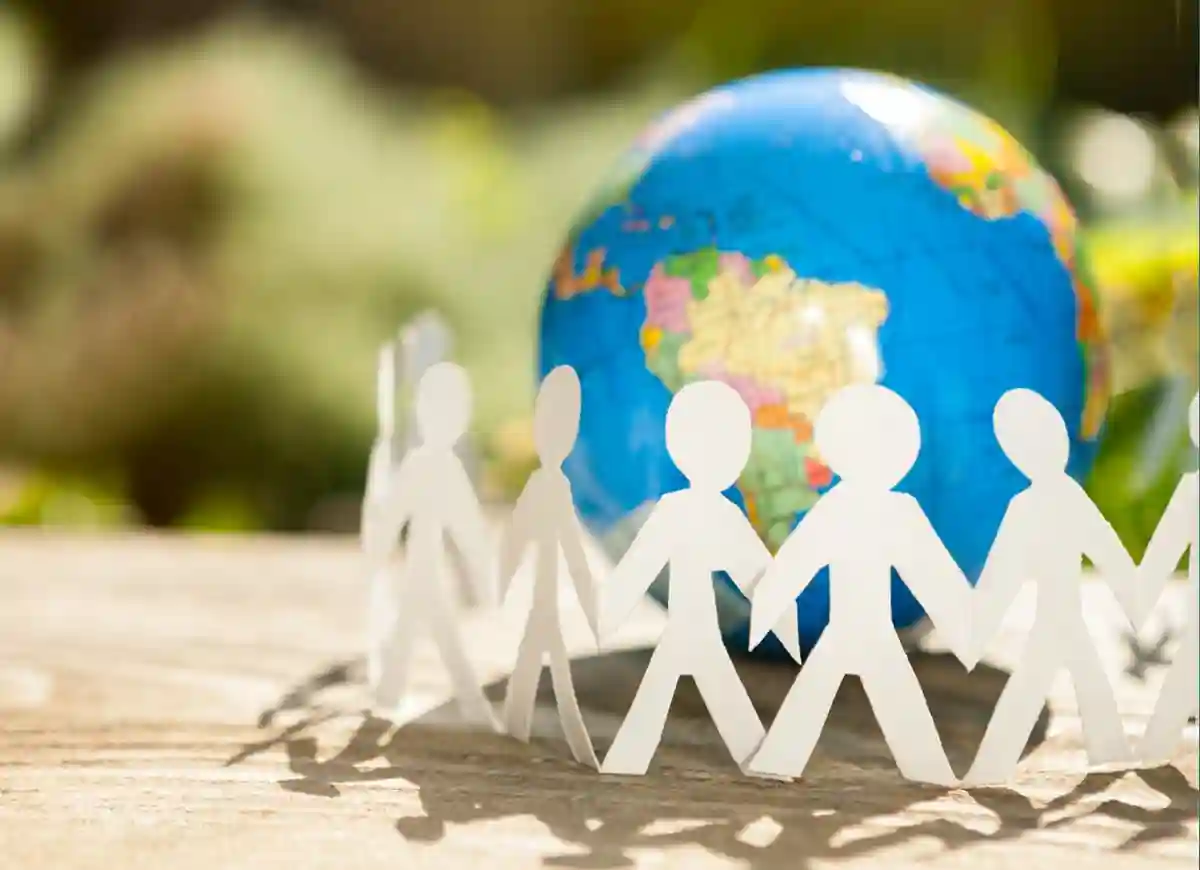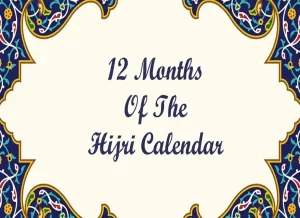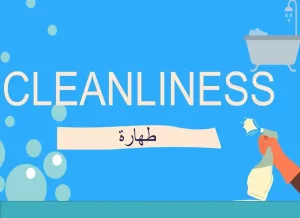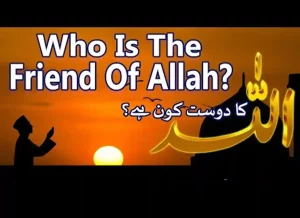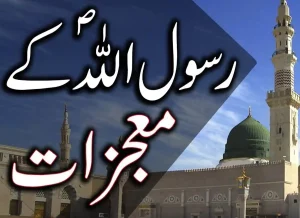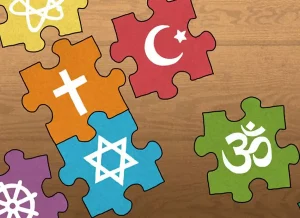Unveiling the Transformative Power of Zakah in Cultivating Prosperity Across Borders”
Zakah’s role in universal growth is multifaceted and can be analyzed from various perspectives:
Economic Growth:
- Redistribution of wealth: Zakat promotes a more equitable distribution of wealth by taking from the wealthy and giving to the poor. This reduces income inequality, which can stimulate economic growth by increasing aggregate demand and fostering entrepreneurship among the previously disadvantaged.
- Investment in human capital: Zakat funds often support education, healthcare, and other social services, leading to a more skilled and productive workforce. This enhances economic potential and contributes to long-term growth.
- Financial inclusion: Microfinance initiatives funded by Zakat can provide access to financial services for marginalized communities, enabling them to participate in the economy and create businesses, contributing to overall economic development.
Social Development of Zakah:
- Poverty alleviation: Zakat directly addresses poverty by providing immediate financial assistance to the poor and needy. This improves their living standards, reduces hunger and malnutrition, and empowers them to break the cycle of poverty.
- Social justice: Zakat promotes social justice by ensuring everyone has access to basic necessities and opportunities. This fosters social cohesion and reduces social unrest, creating a more stable environment for growth.
- Community development: Zakat funds often support infrastructure projects, community centers, and other initiatives that improve the overall well-being of communities. This fosters a sense of shared responsibility and creates a more conducive environment for individual and collective growth.
Moral and Spiritual Upliftment of Zakah:
- Cultivating generosity and compassion: Zakah encourages Muslims to be charitable and compassionate towards others, fostering a sense of social responsibility and contributing to a more humane society.
- Spiritual growth: Fulfilling the obligation of Zakah is considered an act of worship and purification, leading to spiritual growth and development for the individual.
- Building bridges: By addressing poverty and social injustice, Zakat can contribute to building bridges between different communities and fostering global peace and understanding.
Limitations:
While Zakat has the potential to contribute significantly to universal growth, it’s important to acknowledge some limitations:
- Scale and efficiency: The effectiveness of Zakat in achieving large-scale development depends on its scale, efficient administration, and targeted allocation of funds.
- Addressing root causes: Zakat primarily addresses the symptoms of poverty and inequality, while addressing the root causes requires broader social and economic reforms.
- Transparency and accountability: Ensuring transparency and accountability in Zakat collection and distribution is crucial for maximizing its impact.
Overall, Zakat represents a powerful tool with the potential to contribute significantly to universal growth and development. Its success hinges on effective implementation, addressing limitations, and harnessing its potential for social and economic change.
[2:219] وَيَسْأَلُونَكَ مَاذَا يُنفِقُونَ قُلِ الْعَفْوَ
And they inquire for advice on what they can invest in God’s causeAnd they ask you to tell them what they should do. Answer: “Whatever you can spare.”
Allama Iqbal clarifies the context for this verse:
The meaning of the words quli lafwa and quli
It could be exposed in the coming years!
They are people who follow the above divine directive. 23:4] 23:4“walWadhiyna hum lilzWaka@i Failuwna. They follow an arrangement that guarantees that the development tools are always available to humanity.
This is how they can achieve success: 23:1Qad ‘aflaHa Lmuw’minuwna Truely, happiness, one must be the believers. They believe in the authenticity of divine orders and their implementation, which they set the ultimate goal and goal for their life.
A society built on the basis of quli lafwa is beneficial to all:
‘anzala mina lsWamai maan fasalat ‘awdiya@un biqadariha faHtamala lsWaylu zabadan rWabiyan wamimWa yuwqiduwna `alayhi fiy lnWari btiGaa Hilya@in ‘aw mata`in zabadun miWthluhu kadhalika yaDribu llWahu lHaqWa walbaTila fa’amWa lzWabadu fayadhhabu jufaan wa’amWa ma yanfa`u lnWasa fayamkuthu fiy l’arDi kadhalika yaDribu llWahu l’amthala [13:17]
He pours rain down from the heavens, and the river-beds once dry are flowing high in accordance with their measurement and the stream is carrying an odor of scum over its surface and similarly the [metal] that they melt into the fire to make ornaments or cookware and utensils, there is the scum. This is how God provide the parable of falsehood and truth because, so it concerns, it will pass out like all waste; however, that which can benefit humanity is able to remain on the earth. This is how God explain the parables.
The system where all people work together for the benefit of all humanity will remain stable and last for ever. It will last because of its own strength and power.
However, a system where everyone is working to benefit one’s personal interests doesn’t have stability or the capacity to endure no matter how much tweaking or patch-up work is performed to keep it.
qul hal nunabiWy’ukum bil’akhsariyna ‘a`malan ; lWadhiyna DalWa sa`yuhum fiy lHaya@i ldWunya wahum yaHsabuwna ‘anWahum yuHsinuwna Sun`an ; ‘uwlay’ika lWadhiyna kafaruw biayati rabiWhim waliqay’ihi faHabiTat ‘a`maluhum fala nuqiymu lahum yawma lqiyama@i waznan [18:103-105]
If they are not sure, ask “Should Allah tell you about people who behave in a way that their actions are a waste of time. They’re those who put their energy into seeking only the current situation believing that their actions are 100% correct.
They disbelieve in the Allh’s obligation to their Sustainer, and don’t think they must confront it in the future. Their efforts will go to in vain and they will not be able to attach any weight to it in day Day of Reckoning. Hell is their punishment since they refused to abide by Allah’s orders and reacted to Allah’s messengers with a snide attitude.”
As Joad has stated: A society that is geared towards fame, wealth, power and social status is a society where values are not compatible with peace and stability, because those who consider as a means to an end items that are finite and dispersing, the people who have them will be few, and the ones who are not which means that many will feel agitated and unhappy. [C. E. M. Joad, Decadence, p.328]
The Quran also clarifies:
[87:16-17] bal tuw’thiruwna lHaya@a ldWunya ; walakhira@u khayrun wa’abqa~
You are averse to the material benefits of this world, but the future benefits will be greater and last forever. That is, if you must choose between a the materialistic lifestyle and a life that is that is based on the development of humanity, the right choice is to preserve the former.
The material needs must be sacrificed for the greater cause of living. This is a way to nourish and strengthen the human soul. Likewise, the future life after death is likely to be successful.
According to the Quran the Quran, an idealism that is based on the well-being of a person is naive and likely to fail and die, whereas one that is founded on the wellbeing of the humanity as a whole is right and will endure forever.
The Quran doesn’t support an ideology that is based on emotion or blind belief. The Quran offers objective evidence for every assertion it makes.
What is the reason why an ideology that is based on the wellbeing of a person or a family or race, or even a nation wrong and one that is based on universal welfare is right? This is due to the struggle between truth and lies The negative forces go out like scum while those that are beneficial to the human race endures. This is the way Allah clarifies His laws the use of analogies (13:39. 21:18, 42:24).
If humans lived on the level of animals, then it was appropriate to seek the self-interest of one’s own. Drinking, eating, and seeking happiness through material possessions in life was their aim. But life on the human level differs from that of animals. Animals don’t have any sense of tomorrow or the future. This is what differentiates humans from all other creatures in the universe. The human body serves as an instrument that houses”soul, “soul,” is left to wander into another realm that is what the Quran refers to as Ha-yaatul Aakhira..
The Quran is extremely specific on this issue.
inWa llWaha yudkhilu lWadhiyna amanuw wa`amiluw lSWaliHati janWatin tajriy min taHtiha l’anharu walWadhiyna kafaruw yatamatWa`uwna waya’kuluwna kama ta’kulu l’an`amu walnWaru mathwan~ lWahum [47:12]
The most important element of Allah’s assistance and support is that, as a result from their Iman and good deeds Allah will grant them a blissful life in heaven that is never lost.
Zakah – But for those who reject truth and believe that living is only a physical existence There is no distinction in their life from those of animals. As animals, they consume food, drink and live their lives (and later die). The end result of life is nothing less than the destruction of life and death (of the human dignity).
Categories: PRAYER (Salat), ALMS (Zakat), SAWN (Fasting) HAJJ (Pilgrimage) & DUA (Supplications), Hadith and Tafseer, The Holy Quran, Quran Jaz 1- 114
Topics: Ushr and Zakat, Hijab, Arabic Corner, Faith, Islamic History, Biography, Sirat ul Nabi PBUH, Islamic Studies, Halal & Haram
ZAKAT:
- Zakah | Zakat al Mal | Zakat – Learn Islam
- Zakat ul Fitr | Muslim Charity – Learn Islam
- Beneficiaries of Zakah | Islamic Relief Worldwide
- Importance and The Significance of Zakat in Islam
- Zakat Facts | Importance of Zakat | Benefits of Zakat
- Zakat al Fitr: The Obligatory Eid Gift to Be Made Before The End of Ramadan


